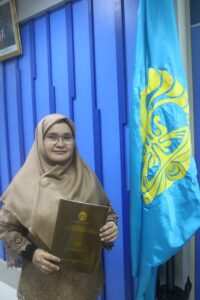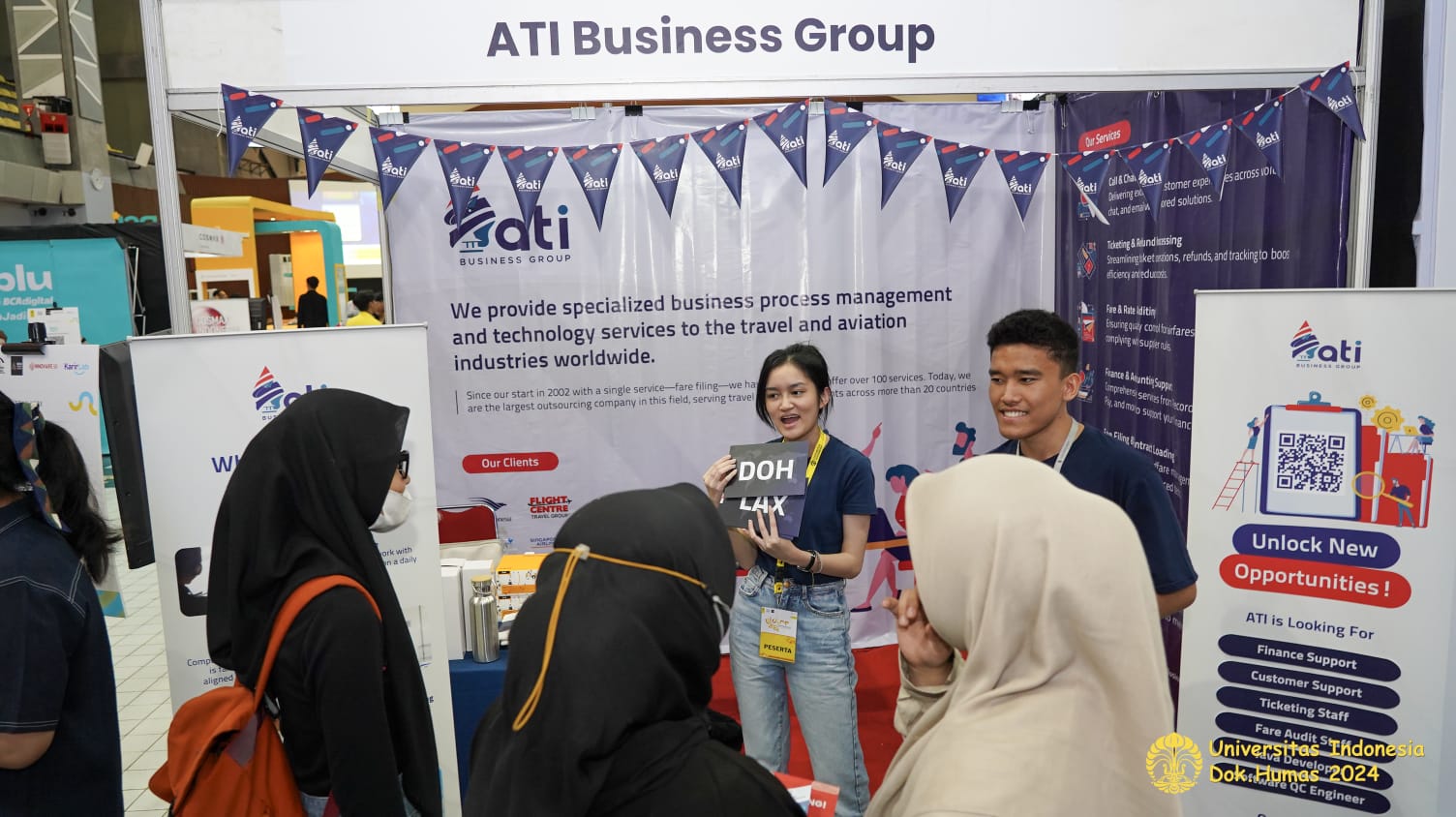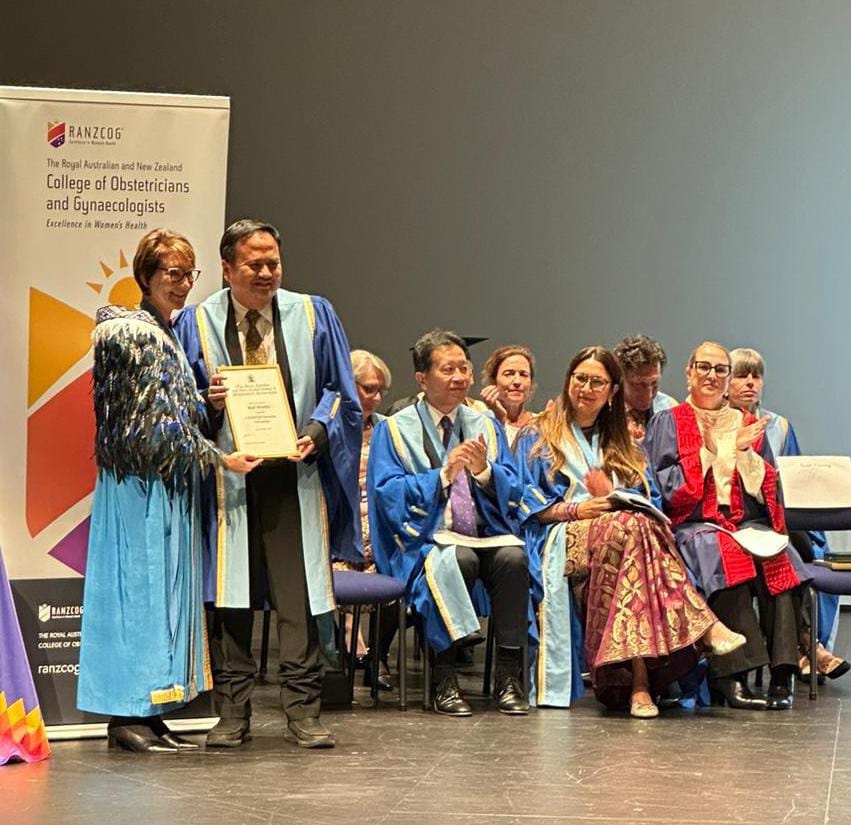
When someone chooses to remain silent when they witness academic dishonesty and does not report it to the lecturer or the authorities, it attracts the attention of Anna Armeini Rangkuti, a doctoral student at the Faculty of Psychology, Universitas Indonesia (UI). In fact, the report made by students who witness it can prevent and reduce the occurrence of academic dishonesty.
Although academic dishonesty at all levels of education is quite worrying, the academic dishonesty that occurs in the undergraduate program of universities is more worrying considering that graduates will soon enter the world of work. Students who commit academic dishonesty when attending a university tend to also commit fraud when they play a role in the world of work, for example by committing corruption and collusion which have a negative impact on institutions, society, and the country.
Anna Armeini Rangkuti raised this topic in her doctoral dissertation. “This needs to be studied because many students witnessed the misconduct but not reported it. Second, the ethical sensitivity of academic dishonesty witnesses who ignore and consider the misconduct to be common will gradually erode. This ultimately makes them view cheating as something that is acceptable even though the cheating gets worse over time,” said Anna.
In a study entitled “Mechanisms of Silence Weakening of Students who Witness Academic Dishonesty through the Mediation Role of Seriousness of Academic Cheating in the Perspective of Ethical Decision Making”, Anna identified the motives behind the silence of students who know about or witness academic dishonesty. The research also explains the mechanism of silence weakening based on an ethical decision-making perspective.
This study succeeded in identifying four main motives for silence by students who witness academic dishonesty. These four motives are acquiescent (because they feel powerless to change the situation), prosocial (because they have altruistic motives to help perpetrators of misconduct or to maintain the good name of the institution), opportunistic (due to personal interest motives and do not want to be bothered with misconduct reporting procedures), and defensive (due to fear of the consequences of reporting misconduct).
The results of this research reveal that prosocial and defensive motives are more dominant than acquiescent and opportunistic motives. The prosocial silence motive can be interpreted in terms of empathy of students who witness the misconduct, which is empathy for the perpetrators of the misconduct who are likely to get in trouble if it is reported. Apart from that, prosocial silence motives can also be seen from the perspective of the cultural values of the collective society prevailing in Indonesia. Life in a collective culture prioritizes harmony and solidarity, even one of the indications of individual psychological well-being in a collective society is the attitude and behavior that prioritizes the interests of others. This includes helping others not to get into trouble in various aspects of life.
“The defensive silence motive which is also found as the dominant motive is closely related to interpersonal relationships in everyday life. The defensive silence motive of students who witness academic dishonesty is shown by the fear of being removed from society and being despised by other students as a result of reporting the cheating,” said Anna, who is also a lecturer at the Faculty of Psychology, Universitas Negeri Jakarta (UNJ).
The research conducted by Anna has a practical contribution to parties related to the world of higher education. First, regulations related to academic dishonesty need to explicitly state the responsibilities of the student witness to the misconduct. Second, the availability of adequate, safe reporting facilities and maintaining the confidentiality of the reporter’s identity. Third, standardization of regulations related to academic dishonesty in classes and also between faculties. This standardization aims to strengthen awareness of academic cheating, seriousness of academic cheating, and peer reporting judgment in the minds of students and increase opportunities for reporting the misconduct.
“Finally, considering the important role of the perception of the seriousness of academic dishonesty to weaken the silence of students who witness the misconduct, it is advisable for lecturers and educational institutions to disseminate information about the various serious effects of academic dishonesty on the lives of individuals, institutions, and even the country. Academic dishonesty is a serious problem that should ideally be handled seriously by all academics,” said Anna.

The doctoral promotion session was held in the Hall of Building D, Faculty of Psychology UI, Depok, on Tuesday (10/01). This session was chaired by Dr. Bagus Takwin, M.Hum., Psikolog with Promoter Prof. Dr. Guritnaningsih, Psikolog., and Co-promoter Dr. Lucia Retno Mursitolaksmi, M.Sp.Ed., Psikolog. The Examination Team was chaired by Prof. Dr. Elizabeth Kristi Poerwandari, M.Hum., Psikolog., with the members Prof. Dr. Juke Roosjati Siregar, M.Pd, Psikolog; Prof. Dr. Fahrurrozi, M.Pd .; Dr. Rose Mini Agoes Salim, M.Psi., Psikolog; and Dr. Dewi Maulina, S.Psi., M.Psi. Psikolog.
Author: Anna Armeini Rangkuti| Editor: Maudisha



